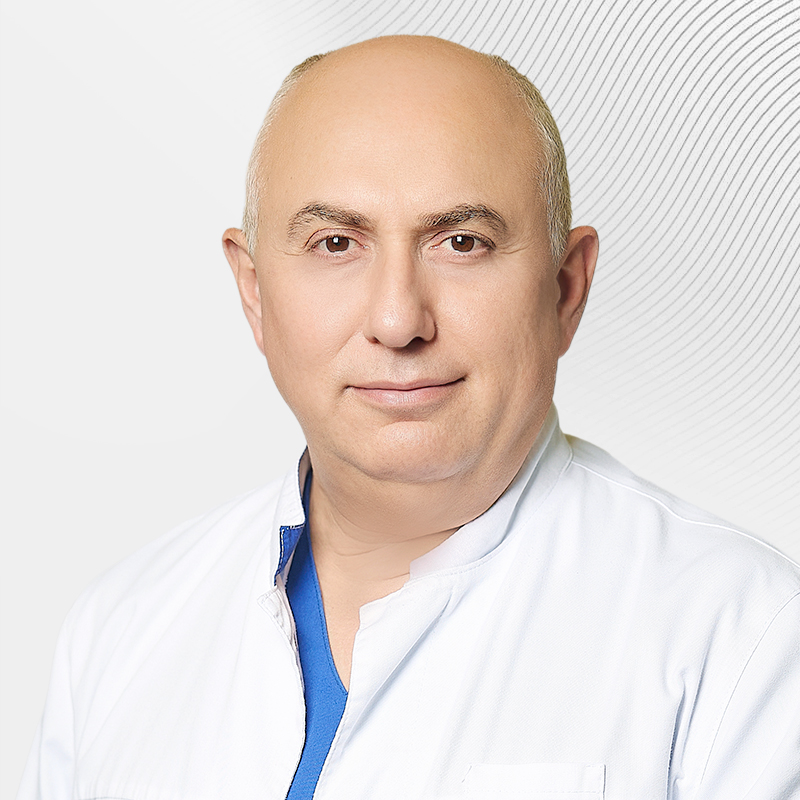At the EMC Eye Surgery Center, we aim to help each patient restore or preserve their eyesight. We use modern treatment methods to achieve the best results even in the most difficult cases.
EMC Eye Surgery Center
Areas of work
The Eye Surgery Center offers all types of treatment. Here are the main directions of our work:
-
Laser correction. These are surgeries that reshape the cornea to improve vision. Laser correction helps to get rid of myopia, hyperopia and astigmatism.
-
Phacoemulsification is the removal of cataracts (clouding of the lens of the eye), which leads to visual impairment. The clouded lens is replaced with an artificial one (intraocular lens) using unique laser technologies.
-
Vitreoretinal surgery is an operation on the retina and vitreous body of the eye, which is performed for retinal detachment, diabetic retinopathy and other diseases of the retina and vitreous body.
-
Glaucomatous surgery is performed to treat glaucoma, a chronic disease in which increased intraocular pressure can lead to blindness.
We perform operations on the anterior and posterior segments of the eye with any degree of complexity. The interventions are performed using seamless microinvasive technology through small incisions measuring only 2.0 mm.
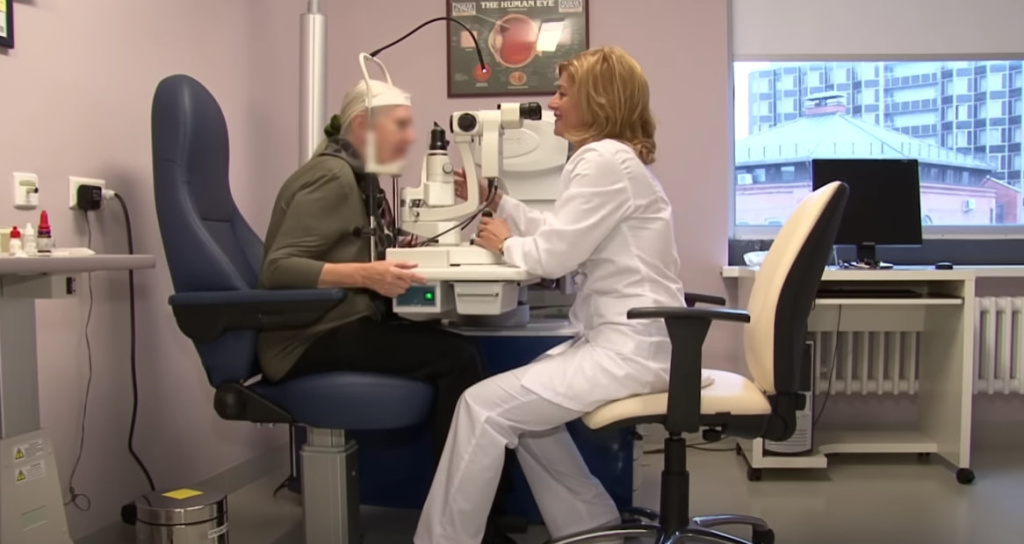
Diagnosis of eye diseases
Diagnosis of eye diseases is a necessary stage of ophthalmological treatment. We use the most modern and effective methods that have proven themselves all over the world:
-
Ophthalmoscopy is used to assess the condition of the posterior surface of the eye, including the retina, optic disc, and choroid;
-
Biomicroscopy is used for detailed examination of the anterior structures, including the cornea, iris, and lens;
-
Non–contact tonometry is used for the painless measurement of intraocular pressure, which is necessary in the diagnosis and control of glaucoma.;
-
Computer perimetry is used to study the patient's visual fields and identify possible violations.;
-
Ultrasound scanning is used to assess internal structures when they are not visible using other methods.;
-
Non–contact funduscopy is used to examine the fundus, allowing the doctor to see the retina, optic disc, and blood vessels in high resolution;
-
optical coherence tomography – for obtaining three-dimensional images of the microscopic level of eye structures
Thanks to advanced diagnostic methods, we can quickly and accurately determine what exactly is bothering the patient and choose the most effective therapy. We do everything possible to make the treatment comfortable from the moment of examination to recovery after surgery.
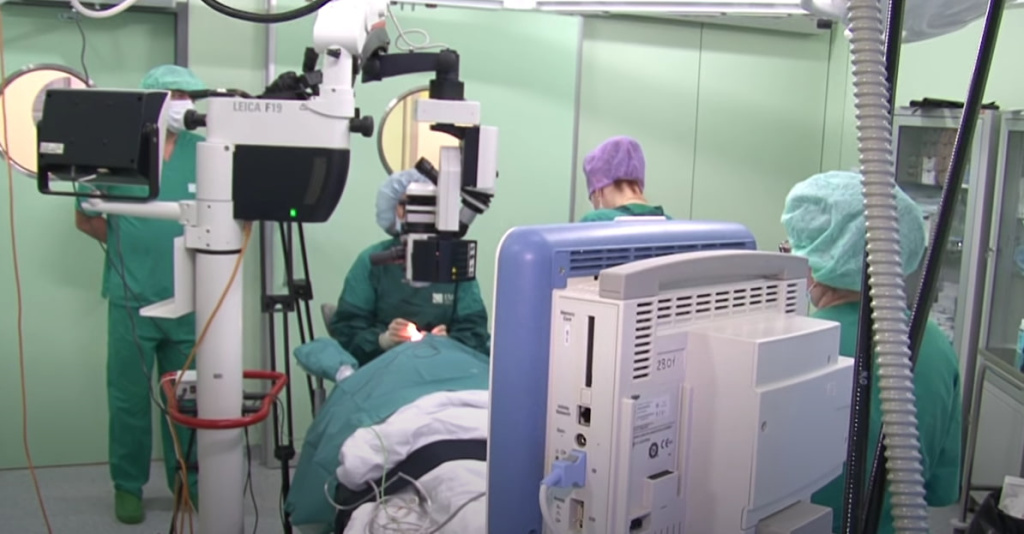
Hospital
The Ophthalmology Clinic's services are not limited to outpatient care. There is also a hospital available in the clinic, which is open around the clock and equipped with everything necessary for the comfort of patients.
We offer premium single and double rooms. A quick call from medical staff is always available. Nurses on duty and doctors are in the hospital around the clock. Multifunctional beds, individually adjustable, help you relax and recover from treatment.
The meals in our hospital are also organized at the highest level. We take into account the preferences of patients and prepare varied and balanced meals. If there are no dietary restrictions, it is also possible to order food from restaurants. The professionalism of the hospital staff allows even patients with severe somatic diseases to recover successfully.
Advantages of treatment at the eye surgery clinic
-
Highly qualified specialists with extensive work experience, including internships in the world's leading clinics.
-
Advanced techniques to reduce the hospital stay after surgery to a minimum. In most cases, patients can return home on the day of the intervention.
-
Round-the-clock reception of patients of any age, including emergency.
-
Expert-class equipment for operations of any complexity.
At the EMC clinic, we work with ophthalmological pathologies in patients of all ages. A multidisciplinary approach with the participation of specialists from different fields makes it possible to achieve recovery even in the most difficult cases.
If you notice disturbing symptoms or want to undergo a routine check-up, make an appointment with an ophthalmologist. Specialists will help you maintain and improve your eyesight, and modern technologies and an individual approach will ensure comfortable and effective treatment.
Doctors
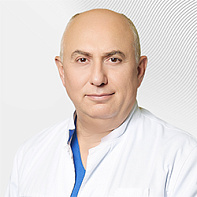
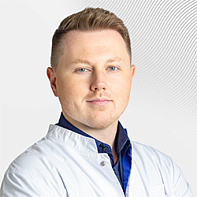
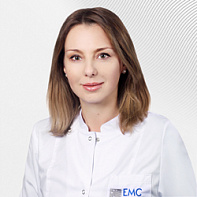
.jpg)

.jpg)
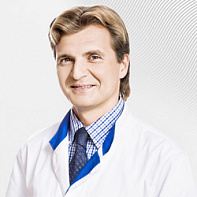
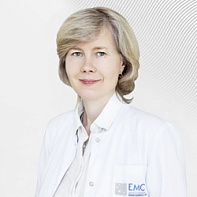

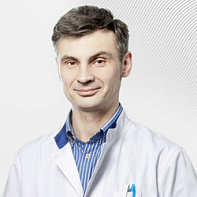
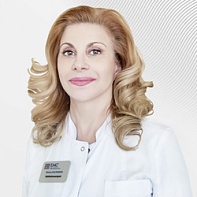
- Performs vision correction surgery
- He graduated from the MNTC "Eye Microsurgery" named after S.N.Fedorov. He has interned in various foreign clinics
- He worked in foreign clinics: Moorfields Eye Hospital,Heidelberg University Hospital,Centre Hospitalier Universitaire de Bordeaux
